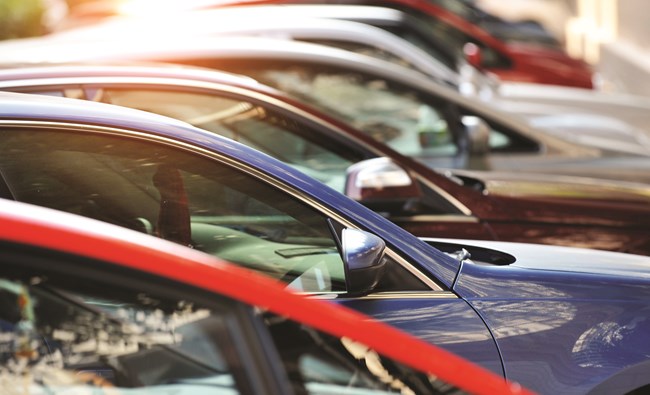We use cookies to ensure that we give you the best experience on our website. If you continue without changing your settings, we will assume that you are happy to receive all cookies on the Business Car website. However, if you would like to, you can change your cookies at any time

The start point for the best source of fleet information |
New car supply situation worsening for some fleets, AFP warns
Date: 05 July 2022 | Author: Sean Keywood

New car supplies are worsening for some fleets, and remain extremely patchy for almost all, according to the Association of Fleet Professionals (AFP).
The organisation said feedback from its membership showed serious supply problems were persisting and causing increasing operational disruption.
AFP chair Paul Hollick acknowledged that vehicle supply was a global problem, caused by issues ranging from demand for raw materials to semiconductor shortages and the war in Ukraine.
However, he said: "It is also a problem that is very much affecting fleet managers in the UK and we are hearing many stories that suggest the situation is worsening, at least for certain businesses, and show no apparent signs of improving.
"Some fleet managers are telling us that drivers are having to go through the process of choosing a new car half a dozen times before finding one for which a manufacturer will even provide a production slot - and that date is likely to be a year or more away.
"Other manufacturers have closed their order books either completely or for certain models. In general terms, plug-in hybrids have become very difficult to acquire and it seems that production is being skewed away from them towards EVs, probably because of CAFE regulations."
Hollick added that even when cars could be obtained, they were often being delivered without meeting the order specification.
He said: "The wrong colour is fairly commonplace but equipment is often missing - parking sensors seem to be a particular issue - with no resulting adjustment in price.
"All of these problems exist for petrol and diesel cars but can generally be doubled for EVs."
Hollick said that given these situations, fleets had little choice but to continue operating their existing cars for as long as possible, but with new car shortages now in their second year, there was increasing pressure on managers.
"The situation creates two sets of problems. The first is that the car is ageing and difficulties with keeping it on the road in a cost-effective manner increase over time.
"Some cars are now being operated into their fifth year and will probably still be on the fleet in their sixth because they cannot be replaced. These are unchartered waters in maintenance terms.
"The second is an employee satisfaction issue. Drivers who are keen to move into EVs but simply cannot get hold of the right model are having to continue to pay benefit in kind on ageing and increasingly unattractive diesel models, with no solution in sight. There is no easy answer to this situation and it does cause some disruption."
Hollick added that with the degree of order backlog that now existed, the AFP did not expect to see any real improvement to the situation for at least a year or probably longer.











